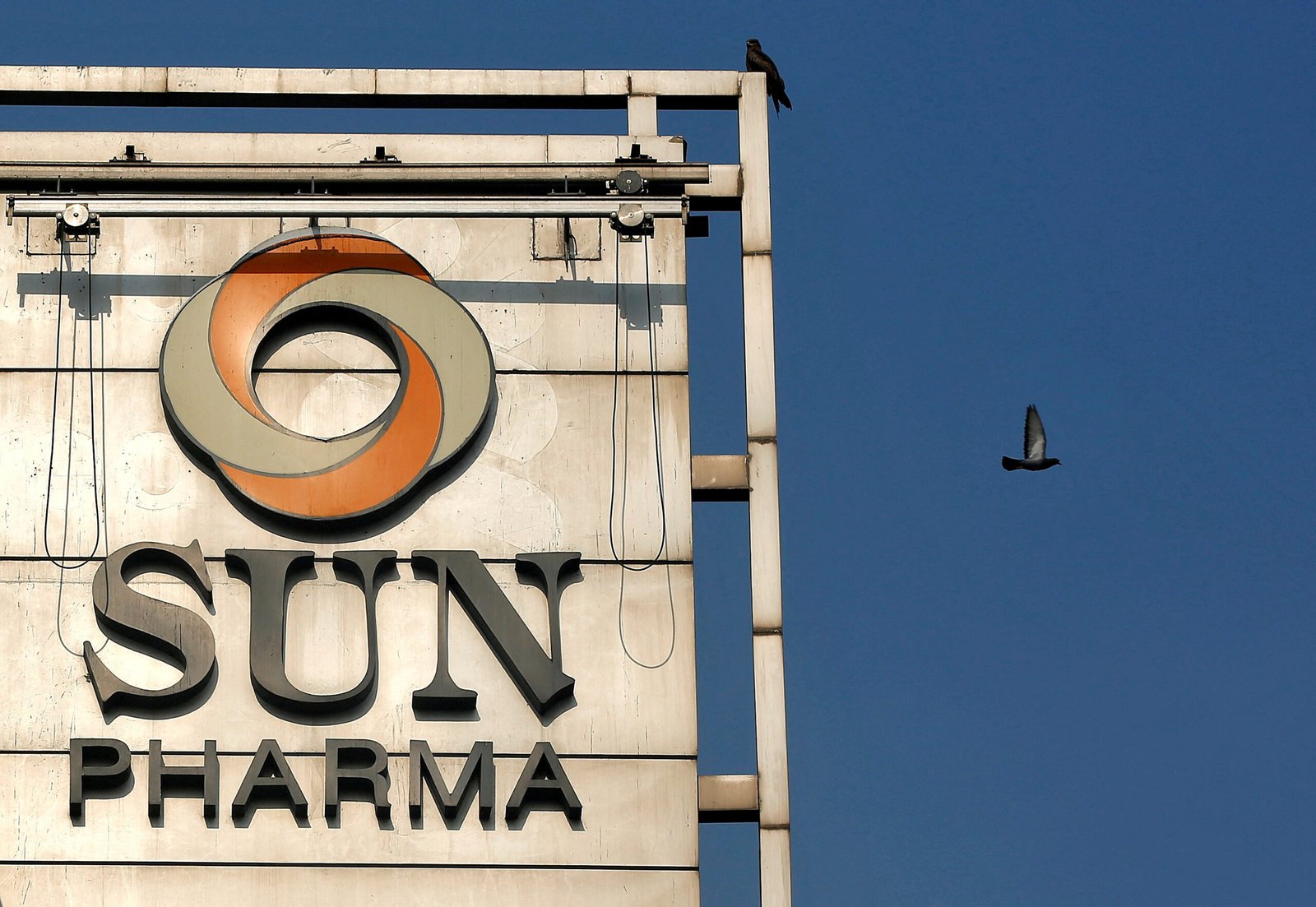CEQUA was generally well tolerated in the study, consistent with its established safety profile, and there were no new safety signals in the trial, it added.
Sun Pharmaceutical Industries Limited on Thursday announced the presentation of Phase 4 data showing that CEQUA (cyclosporine ophthalmic solution) 0.09 per cent “induces sustained improvement” in the signs and symptoms of dry eye disease (DED).
According to a press statement, CEQUA ophthalmic solution is a calcineurin inhibitor immunosuppressant indicated to increase tear production in patients with keratoconjunctivitis sicca (dry eye).
“In a presentation at the American Academy of Optometry (AAOPT) 2023 annual meeting in New Orleans, La., researchers reported that CEQUA elicited significant improvement in corneal fluorescein staining (CFS, a test used to detect damage to the cornea) and in modified Symptom Assessment in Dry Eye (mSANDE) scores in patients with DED whose disease was uncontrolled on Restasis (cyclosporine ophthalmic emulsion) 0.05% therapy,” pharma major said in a statement.
The company claims that CEQUA offers a high concentration of cyclosporine for ophthalmic use and is the first and only U.S. Food and Drug Administration (FDA)-approved cyclosporine treatment delivered with nano micellar NCELL technology, which helps to improve the bioavailability of cyclosporine, resulting in improved ocular tissue penetration.
“We were greatly encouraged to observe significant improvements in dry eye signs and symptoms as early as four weeks into treatment with CEQUA, and to see even greater improvements at eight weeks and again at 12 weeks. Moreover, by assessing corneal fluorescein staining in all five zones of the cornea, we were able to attain a more complete characterization of corneal health than in many dry eye disease trials, which typically assess only a few corneal areas,” said lead investigator Josh Johnston, OD, FAAO, of Georgia Eye Partners in Atlanta, Ga in a statement.
CEQUA was generally well tolerated in the study, consistent with its established safety profile, and there were no new safety signals in the trial, it added.
“In addition to the rapid and sustained symptomatic improvement in patients with dry eye disease treated with CEQUA, this study is notable for its design, which allows for use of artificial tears, thus replicating real-world conditions as closely as possible for a controlled clinical trial. The data presented at the American Academy of Optometry meeting represent the first of a series of assessments from this trial, with results thus far consistent with the efficacy, safety, and convenient dosing of CEQUA. We look forward to sharing additional information as we continue to analyze the data from this trial,” noted Brittany Mitchell, OD, Head of Medical Affairs, Ophthalmics, at Sun Pharma.






